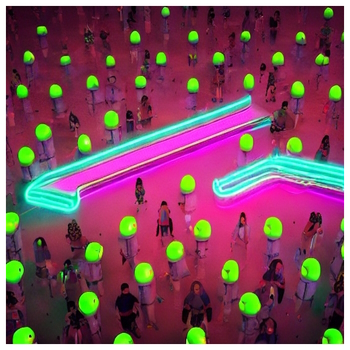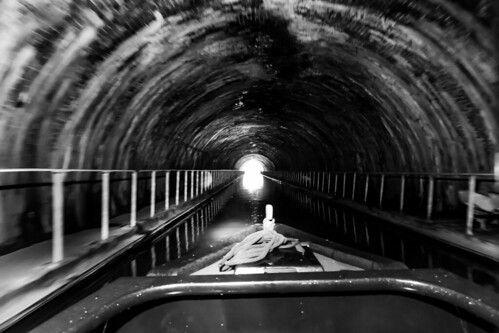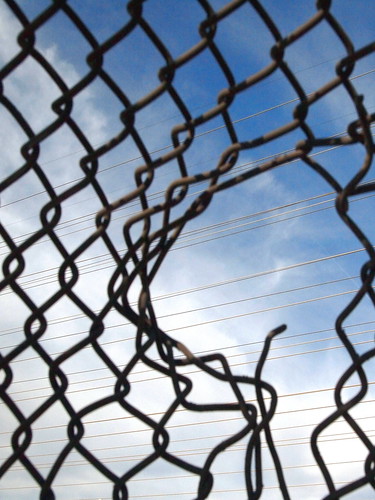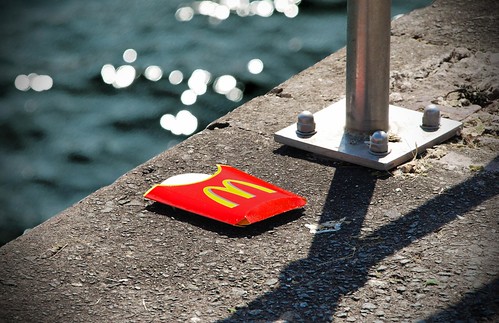
I live a somewhat undisturbed life, as I designed, so I can think about other things. It’s what we all do to an extent for work, that thing that many of us do because we need to get paid so that we can pretend we have some value in these artificial systems we were born into.
It wasn’t as if we gave permission, and it’s not as if when we are considered adults we could reconsider our positions. We end up doing what we do and become part of the machinations of bureaucracy we are born into.
Today, I had to deal with a few things, and I found my day just getting physically sucked out of my head.
Go here. Do this. Sign this. Do that. Email this. Can’t receive that by email, have to to go to the office strategically located where there’s traffic and poor parking. Sit. Wait. Get a letter. Give someone else the letter. They email, messages fly back and forth, and that piece of business should be done in the morning by parties unknown who will do it because their company is presently unpaid.
Weird how that works.
Another order of business required me to write this, hand this to someone with a photocopy of my ID (really) so that they could go about doing something, but I was not feeling well enough this morning to risk spreading whatever macabre disease I potentially had. No, it’s not Covid (tested), it seems like it was just a headache and sore throat and I have neither now.
I don’t run around much outside where it’s peopley, so the odds are good it’s just my body telling me to slow down and rest a bit today – which I haven’t done yet because I’ve been dealing with moving information around between companies in inefficient ways. Well, one company. The newer company has suffered as well because of the previous company.
At times I wonder how it is that people don’t go crazy.
I look around and realize that they do, but in acceptable ways for the most part.
At times I wonder if crazy people didn’t design the systems, and I think not as much as we would like to think. If you ever want to ruin something you’re designing, get a committee together. They’ll beat out an unworkable solution over budget in as much time as they can possibly get – it won’t be finished, they’ll move on, and the broken system will flop around, punishing all who come into contact with it for the rest of it’s unnatural life.
There. I feel better.









